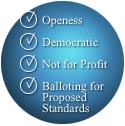
Health Level 7 New Zealand is a national affiliate of HL7 International, dedicated to the goal of achieving interoperable healthcare information. Its primary – but not exclusive – focus is on current and emerging HL7 standards.
HL7 NZ Constitution – November 2020
The 2023 HL7 New Zealand Annual General Meeting was held on Thursday 23rd November at 4:00pm virtually via ZOOM. Eight members of the previous board were re-elected along with new member Prashanth Koval (Medtech Global).
The Chairman and Treasurer Annual Reports, presented to the Meeting, can be found in the minutes
At the first meeting of the new Board, held directly afterwards, the following officers were unanimously elected for two-year terms up to November 2025: Peter Sergent (Vice-Chair) and David Moorhouse (Treasurer). John Carter (Chair) and Peter Jordan (Secretary) will continue in their roles until November 2024, having been elected to serve two-year terms in November 2022.
2023-24 OFFICE BEARERS
Chairman – John Carter

Has been involved with HL7 since the late 1990s. He represents New Zealand in the HL7 International Council and has been a member of the Terminology Services Management Group since 2022. He is an independent consultant, currently working on interoperabililty projects with Te Whatu Ora | Health NZ. John is very excited to be one of the facilitators for New Zealand’s new series of FHIR Connectathons, starting with the IPS-athon held at Digital Health Week in November 2023. Previously John was Chief Technology Officer at HealthLink, where he oversaw a product suite encompassing the full range of HL7 standards from version 2.1 to CDA to FHIR. Before moving to Auckland from the USA in 2017, he was Vice President of Apelon, Inc., a professional services and software company focused on semantic interoperability. He holds a BA in Political Science, an MBA (finance), and studied medical informatics at the University of Utah. When he’s not working on health data standards, you’ll often find John swimming along Auckland’s beautiful beaches.
Vice Chairman- Peter Sergent

Has thirty years’ experience in the management of information; initially carrying out complex statistical analysis for research projects but later moving into areas of service provision. Prior to his move to primary health in late 2004, he spent the previous eleven years within a number of District Health Boards. Peter is now an independent consultant. He strongly supports the embracing of international standards such as ISO and HL7 and has been involved in HISO projects covering data dictionaries, information models and data exchange. During time spent within the District Health Boards, completed work on projects in the Middle East and Australia gaining a broader perspective on healthcare provision. He has undertaken numerous and varied roles in working groups advising the Ministry of Health, Accident Compensation Corporation and District Health Boards.
Treasurer – David Moorhouse

Is an experienced system designer and software developer with over 25 years’ experience in NZ and UK. He is currently employed at Pegasus Health as Principal Software Engineer for HealthOne and helped to establish the South Island eReferrals solution.
He is a passionate advocate for health interoperability and has hands-on experience implementing HL7 v2.x and FHIR standards. He understands and has developed solutions using modern authentication and integration standards. David considers open and modern standards as the key to driving innovation by making health informatics easier.
Along with technical skills David brings in-depth experience of the primary care sector and has held governance roles in non-profit organisations.
Secretary – Peter Jordan
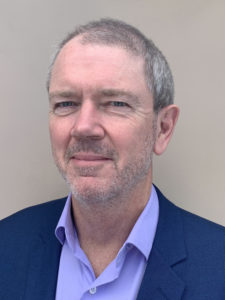
Is a highly experienced software architect and developer with a particular interest in healthcare information modelling, terminology and exchange. He contracts as a Solutions Architect to various national and regional interoperability projects and provides the Terminz HL7® FHIR® Terminology, Directory and Conformance Server for community use. Peter also continues to maintain the NZ CDA Toolkit used in GP2GP patient record transfers and the NZ e-Prescription Service, and his involvement with health information standards dates back to some of New Zealand’s earliest HL7 Version 2 messaging solutions in the 1990s. In over three decades in the IT industry, in the UK and New Zealand, Peter has worked for vendors of both primary and secondary care applications and various public sector organisations.
2023-24 BOARD MEMBERS
Chris Royle
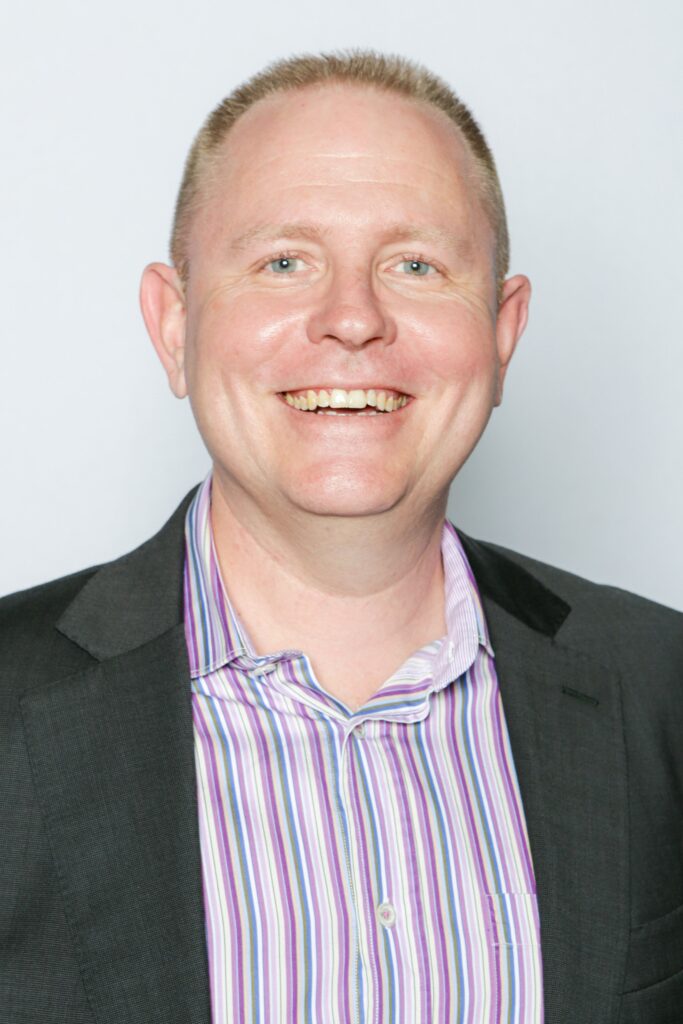
Is a Solutions Architect at Dedalus with a passion for HL7 FHIR having led several NZ FHIR-based implementations including at MidCentral, Waikato and Whanganui. He is a part of a market and solutions team that focuses on offerings to customers in New Zealand and Australia. He has spent the last 30 years in Healthcare IT, many of those in interoperability, working in NZ, Australia, and the United Kingdom. Chris is passionate about seeing HL7 FHIR reach its true potential in NZ in providing better, more secure data access through enhanced interoperability. His passion for FHIR has led him to create blog series on FHIR to share his knowledge with the sector. Chris looks forward to serving in the role of board member and advocating for the HL7 in the region and pushing the benefits of true interoperability.
Daniel Thomson
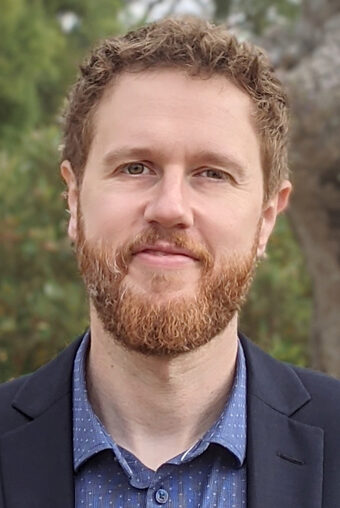
Is a solution architect in the Data & Digital group at Te Whatu Ora. Daniel has a particular interest in all things FHIR, integration, interoperability. Prior to his current role he was the sector integration lead at the Ministry of Health and worked with a wide range of health providers, vendors, and other organisations within the NZ Health sector, to integrate their solutions with the Ministry’s national systems. Daniel holds a PhD in philosophy and undergraduate degrees in computer science and philosophy.
Koray Atalag
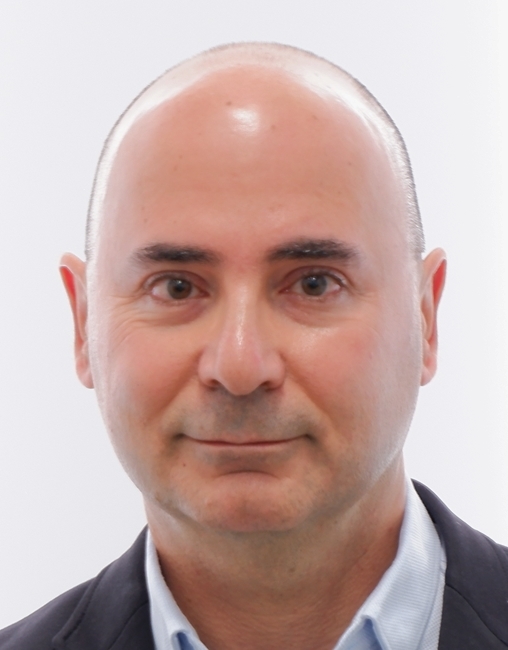
Trained as a medical doctor but an engineer at heart and self-taught full-stack developer, Koray has done his PhD in health informatics on openEHR and is a Foundational Fellow of the Australasian Institute of Digital Health (FAIDH). With almost 30 years of experience in digital health as a developer, academic researcher and entrepreneur, he has a strong background in EHR & health information architectures, interoperability with hands on implementation experience on key standards such as HL7 v2, FHIR and SNOMED-CT. Koray’s mission is to fix healthcare by enabling patient-centred, personalised, and value-
based appropriate care through interoperability and digital health solutions. Koray has been contributing to standards development and governance at a global scale, religiously to openEHR as a domain expert and former member of the first openER Foundation Management Board. Koray is also a founding member of HL7 Turkey and has been on HL7 New Zealand Board since 2011. He is also a member of the ISO TC/251 Taskforce on
Telehealth and Virtual Care. Koray currently serves as Chief Health Informatics Officer (CHIO) and Head of Research at The Clinician, a New Zealand headquartered digital health company he co-founded that offers the ZEDOC Platform and services for patient engagement
and managing Patient Generated Health Data (PROMs/PREMs and objective biometric data) to drive value-based care. He recently founded GALATA-Digital LLC-FZ as his own consultancy business in Dubai and looking to engage with exciting and innovative projects offering services with a focus on openER, FHIR and digital twins underpinned by EHR, Al, Genomics
and Computational Physiology – all brought together by effective use of industry standards.
Matthew Valentine

Is an Emergency Medicine specialist working in Whakatane and Tauranga Hospitals. Originally from the US, he has a BA in Religion from Dartmouth College, his Medical Doctorate from Oregon Health and Sciences University, and did his specialist training at Washington University/Barnes Jewish hospital. He came to New Zealand for one year in 2008 but failed to leave. He has a post-graduate diploma in Health Sciences/Health Informatics from the University of Auckland, and serves as the Clinical Director for Informatics at the Bay of Plenty District Health Board. He has been active in various regional and national groups for health IT projects. In addition, he co-founded Cure8Health, a software platform based on HL7 FHIR and SNOMED CT, to utilise these foundational standards for the benefit of health consumers and give people visibility and control of their health information.
Ray / Ei Murakami
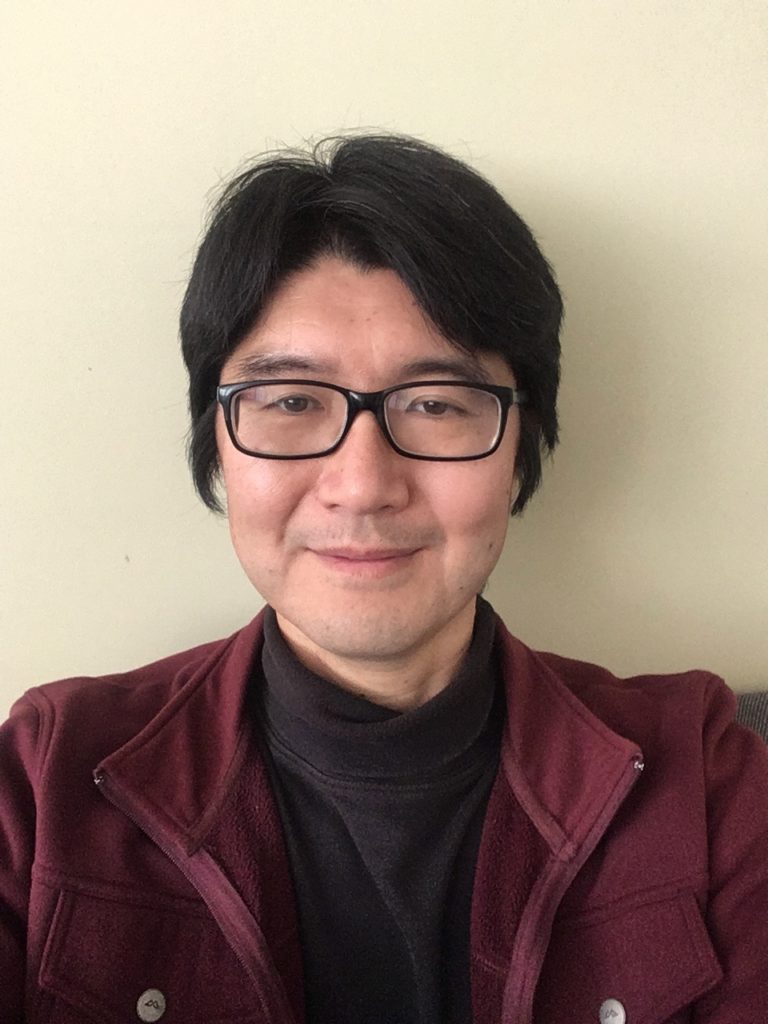
Is Business Intelligence Analyst at Te Whatu Ora Health New Zealand. He received PGDip HSci Health Informatics from the University of Auckland after studying papers focussed on population health. His original background is multimedia, hypermedia and massive parallel processing in which he received BEng in Information Science from the Kyoto University.
Ray designed and implemented various clinical information systems in a Japanese health IT vendor, advocated health interoperability standards in the HL7 Japan and was certified as a health information manager / clinical coder (ICD 10 and ICD 9 CM) by the Japan Hospital Association before coming to New Zealand in 2007.
Ray’s preliminary work on SNOMED CT coding of Māori Mental Health Language, Te Reo Hāpai was presented at HINZ 2019 in Hamilton. He is currently working on the data model for sharing information on adverse events based on HISO standards.
Ryl Jensen

Ryl Jensen is the Chief Executive Officer of the DHA with a background in IT having previously worked for the likes of IBM, EDS, and Merrill Lynch HSBC in London. She worked in Customer Relationship Management and Disaster Recovery, responsible for Service Level Agreements and Service Delivery Management. She has a strong customer focus and is passionate about health policy, research, and helping people. Ryl’s goal would be to see New Zealand’s Health System in a stronger, more resilient and connected position through digital health, driving better and more equitable health outcomes for all.
Ryl has been active in the Health and Disability Sector for a number of years, firstly being an advocate for women’s health and then later for digital interoperability. At a Government level she has written and contributed to health policy. She has a strong passion for the health sector, in particular digital health, and how it can be a key enabler to improve health outcomes and healthcare delivery.
Ryl has a Master of Health from Victoria University of Wellington, with a focus on health policy, planning, and systems structures. Her thesis completed in 2022 is titled Exploring a Digital Health Governance Framework for New Zealand – A mixed methods study.
Ryl was one of three main contributors to the DHA’s Health Opportunities Report Hauora, Mauri Ora: Enabling a Healthier Aotearoa New Zealand, released in 2021 by the Minister of Health Andrew Little.
Ryl is married with two children and lives in the Kapiti Coast on a small lifestyle block with her family. She is an avid reader, and loves cycling and walking along the river near her house with her dog Benji.
Prashanth Koval

Is a Senior Product Manager for Integrations at Medtech Global, where he leads a dynamic team overseeing the ALEX® Integrations Platform.
Prashanth has worked on interoperability and integration solutions at Medtech Global for several years.
He has a rich background in health informatics spanning over 18 years across diverse geographical landscapes, including the UK, India, Australia, and New Zealand.
Prashanth’s commitment to staying at the forefront of industry standards is evident in his work with FHIR® standards and obtaining the FHIR® Proficiency Certification during the implementation of the ALEX® Integrations platform.
Prashanth’s educational journey began at Madras University in India, where he earned his Bachelor’s degree in Microbiology and later pursued a Masters Degree in Biotechnology.
Seeking to deepen his understanding of the intersection of biology and information technology, he furthered his studies at Sheffield Hallam University in the UK, obtaining another Masters degree in Bioinformatics.
Prashanth has also worked as a researcher in the field of Proteomics and Rational Drug Designing.
His notable contributions include authoring two drug target Protein Models for Helicobacter Pylori, both recognized and published in the esteemed Protein Data Bank.
Our Mission
“To provide a comprehensive framework and related standards for the exchange, integration, sharing, and retrieval of electronic health information that supports clinical practice and the management, delivery and evaluation of health services. Specifically, to create flexible, cost effective standards, guidelines, and methodologies to enable healthcare information system interoperability and sharing of electronic health records.
These efforts enable effective, efficient communication between the constituents of the healthcare community as represented by our membership, which consists of an international community of healthcare organizations, vendors, healthcare information systems developers, consultants, systems integrators, and related public and private health services agencies.
The mission of HL7 encompasses the complete ‘life cycle’ of a standards specification – development, adoption, market recognition, utilization and adherence. The HL7 specifications are unified by shared reference models of the healthcare and technical domains.”
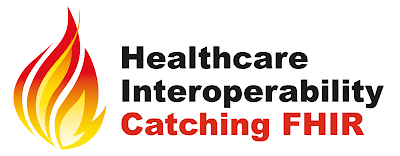
Principles of HL7 New Zealand
The user group shall be established on the following basic principles:
- Open membership.
- Democratic election of the Board and technical leaders.
- Not-for-profit.
- Consensus-based qualified-majority balloting process.
- Wide representation of stakeholders.
Functions of HL7 New Zealand
- Acting as a forum for HL7® related standards activity in New Zealand.
- Maintaining the capability to give advice on the use of HL7® standards in New Zealand.
- Providing standards-related education and promoting HL7® certification.
- Hosting periodic HL7® and related standards workshops and seminars in New Zealand.
- Acting as point of contact between the Ministry of Health and HL7® International.
- Participating in the work of HL7® International.
- Developing relationships with other HL7® Affiliates.
- To determine and/or publish and maintain the HL7 FHIR Implementation Guides that are considered to be the base FHIR implementation rules for New Zealand.
Recent Posts
Upcoming & Recent Events
- HL7NZ FHIR Implementation Work Group Meeting – Friday 2 August 2024
- HL7 International HAPI FHIR Class 9-11 April 2024
- “Ring of FHIR®” Connectathon 20-22 March 2024
- IPS'athon: NZ Digital Health Week - 27-28 Nov 2023
- HL7 Australia & HL7 New Zealand Joint debriefing HL7 WGM Phenix - 29 September 2023
- HL7 Australia & HL7 New Zealand Joint debriefing HL7 WGM New Orleans - 26 May 2023
- HiNZ Workshop - 6 Dec 2022
- Webtools Dads on FHIR lunchitime webinar - Friday 9 September 2022
- HL7 FHIR Trans-Tasman Connectathon - 27-28 Apr 2022
- HL7 NZ AGM – 18 Nov 2021
- Healthpoint Webinar - 11 Nov 2021
- MoH Webinar - 21 Oct 2021
- HealthOne Webinar - 21 Sept 2021
